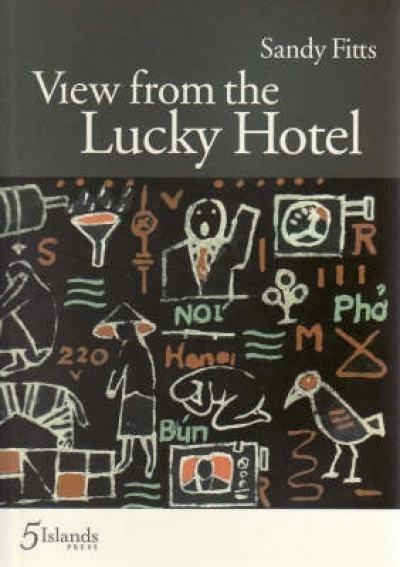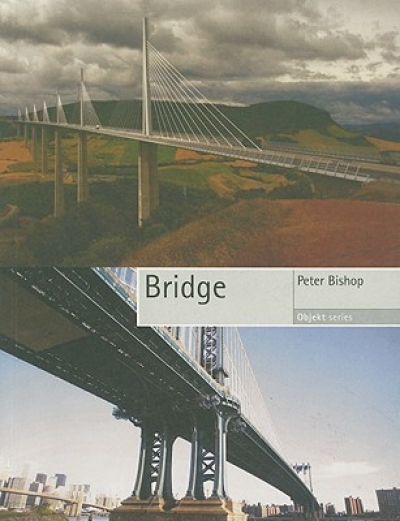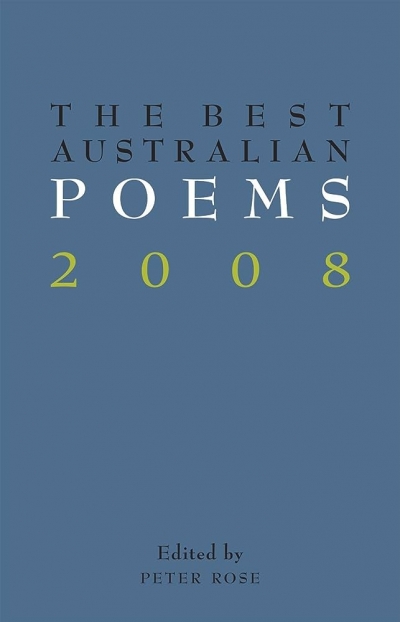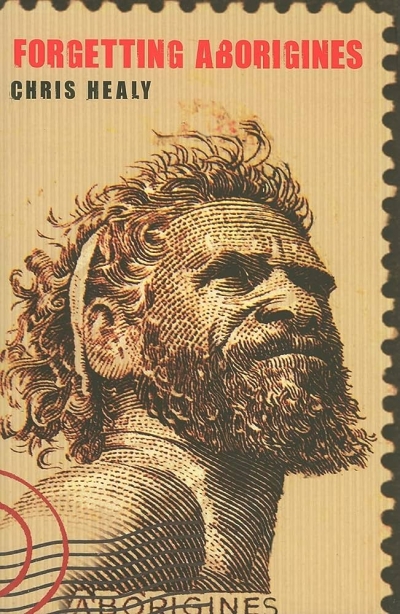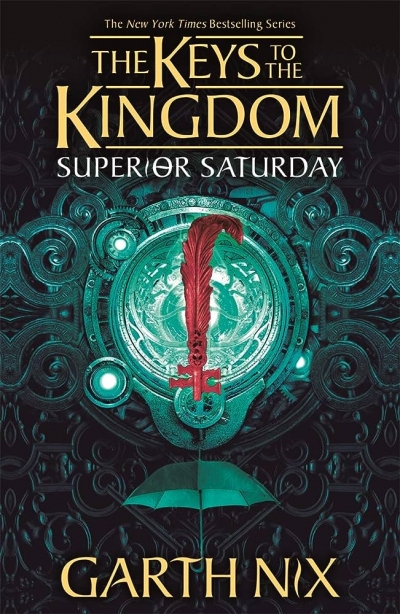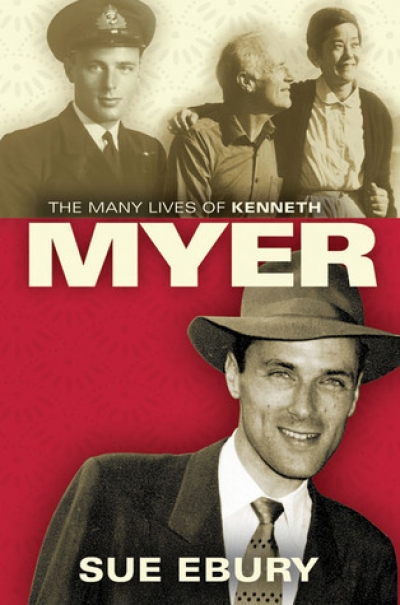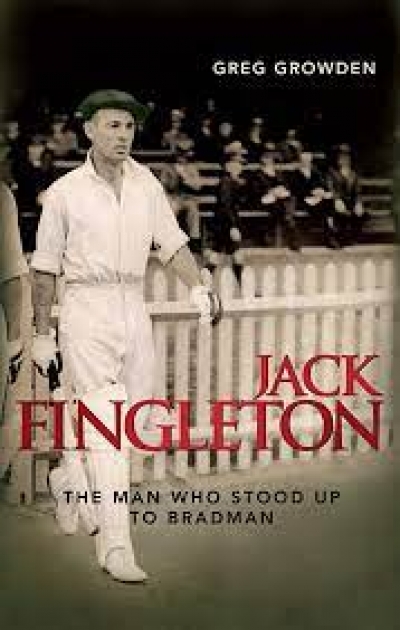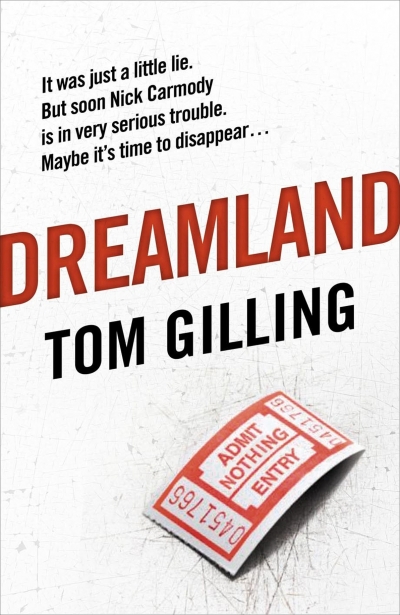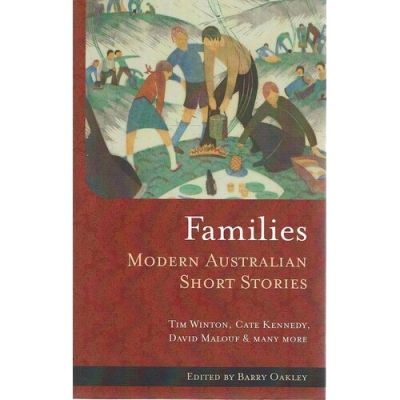Archive
The Best Australian Poems 2008 edited by Peter Rose & The Best Australian Poetry 2008 edited by David Brooks
The Keys to the Kingdom: Superior Saturday by Garth Nix
Judith Armstrong
I want to recommend one book only: The Ferocious Summer: Palmer’s Penguins and the Warming of Australia (Allen & Unwin), by Meredith Hooper, an Australian woman living in Cambridge. This is a lovely book, beautifully written, with deep concern for both science and story. It is a study of the effects of rising temperatures on the small Adélie penguins at Palmer Station on Anvers Island in the Antarctic. How, against all odds, did The Ferocious Summer so entrance me? It is not just the arresting message it carries – that climate change is something specific and local, delivering ‘sudden blows or glancing whacks’, rather than throwing a warm blanket over the earth. Its sad effects on baby penguins (low birthweight, failed eggs) is the central evidence in this unfolding reality, but so is that of the colony of volunteer scientists and support people, who brave blizzards to make their observations, and live in accommodation so limited that per-sonal space is almost non-existent. Hooper’s ability to convey in sensitive and singular language the intimate interaction between nature and humans, birds and researchers, the sea, the ice and the land, is deeply moving. The book was entered in a state literary competition; the five-person panel, of which I was the convenor, was unanimous in awarding it first prize. But, because the author is unknown here, the news sank like a stone. This is my attempt to publicise a superb piece of writing.
... (read more)
